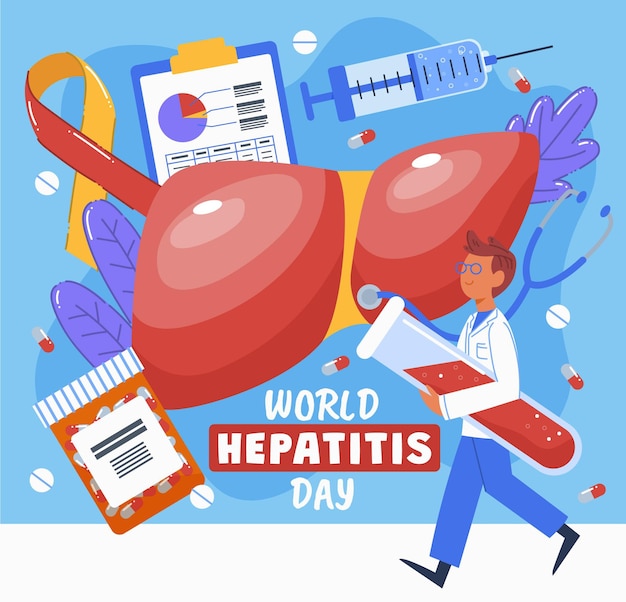Alcohol is processed differently from food; it doesn’t get digested in the stomach or intestines. Instead, the liver handles its breakdown. Alcohol is a small molecule that quickly passes through the membranes of the digestive system straight into the bloodstream and then to the liver. Because the liver receives almost all the blood flow from the digestive tract, the effects of alcohol are felt quickly. The highest concentration of alcohol is found in the blood flowing through the liver.
How the Liver Metabolizes Alcohol
The liver is the only organ in your body that can process alcohol. Enzymes produced by liver cells recognize alcohol as a toxin. To break it down, an enzyme called acetate dehydrogenase converts alcohol into a substance known as acetaldehyde. Unfortunately, acetaldehyde is even more toxic than alcohol and its damaging effects are not limited to the liver. Acetaldehyde can combine with liver proteins to form harmful compounds that impair other cellular components and enzymes in the body. Finally, acetaldehyde is metabolized into acetate, which then converts into carbon dioxide and water. Your body eventually expels these substances through the lungs, urine, and perspiration.
How Alcohol Affects the Liver
The Liver Center of Excellence, Virginia Mason Medical Center, doesn’t sugarcoat their findings, stating that alcohol consumption is often a factor in chronic liver diseases and can worsen liver conditions. Alcohol increases inflammation in the liver and accelerates fibrosis, which is scarring. On top of that, drinking alcohol raises the risk of liver cancer and death from liver disease. Even though the liver is the primary organ affected, regular alcohol consumption can irreparably damage nearly every organ. Alcohol offers no nutritional value; it’s high in empty calories, providing no benefit to the body. Alcohol is converted to fat that accumulates in the liver, and anyone who drinks alcohol to some extent will develop fat deposits. This condition, known as fatty liver, can progress to alcoholic hepatitis and eventually cirrhosis.
Your Liver May Be Getting a Beating
Think liver damage only happens to other people? Think again. It’s unsettling to realize that alcohol-induced liver damage is often not apparent. The liver has an incredible capacity to regenerate, and it’s not uncommon for people to live with only 10-20% of liver function. The gradual decline in liver efficiency can go unnoticed until liver disease has significantly progressed. How many people have believed their alcohol consumption was harmless, only to be blindsided by a liver disease diagnosis? Balancing the pleasures of today with the consequences of tomorrow is a delicate act.
3 Things You Can Do Immediately
Stop drinking alcohol. Eat foods known to support the liver. Perform a full liver cleanse to combat the effects of toxins on your liver.

